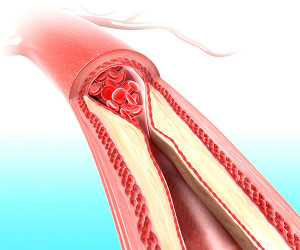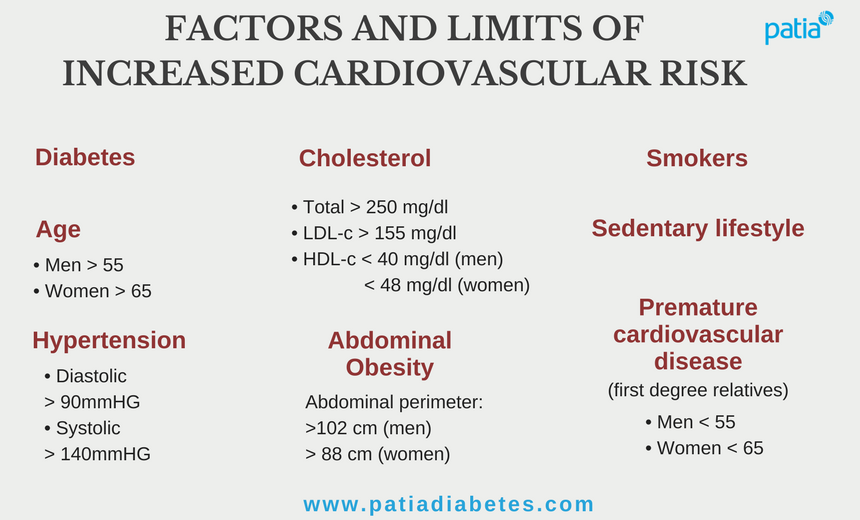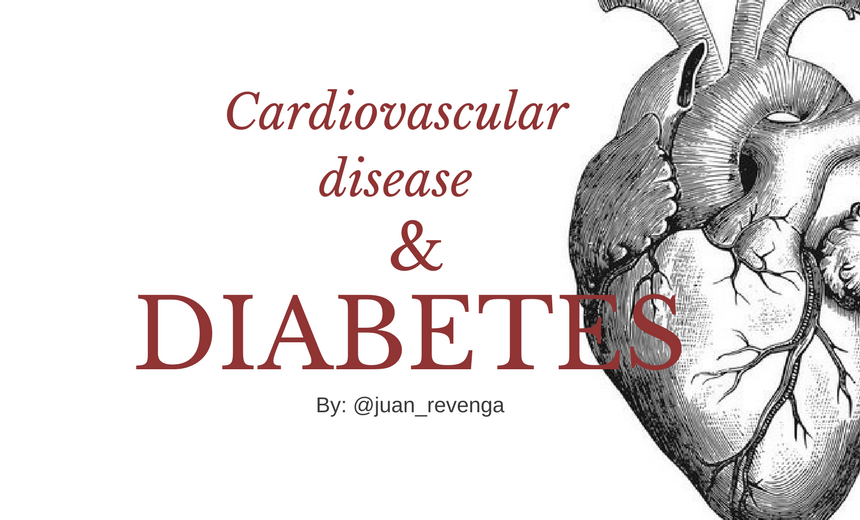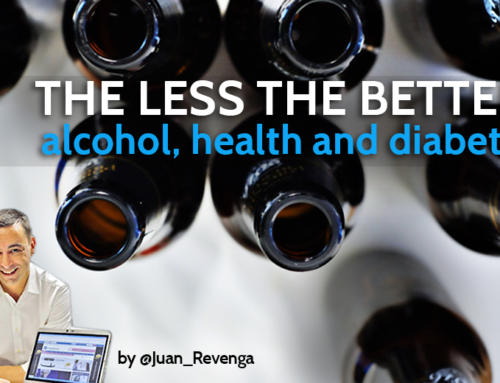Cardiovascular disease and type 2 diabetes
When it comes to establish an association between cardiovascular risk and type 2 diabetes, scientific evidence is conclusive. Both, cardiovascular disease and type 2 diabetes already have epidemic dimension and are among the main causes of death.

If you have type 2 diabetes your body does not use insulin properly. This is called insulin resistance. At first, your pancreas makes extra insulin to make up for it. But, over time it isn’t able to keep up and can’t make enough insulin to keep your blood glucose at normal levels. There is little doubt that patient with type 2 diabetes presents different risk factors. Among others, these include dyslipidemia, hypertension and obesity. The most frequent complications can lead to heart attack, blindness, renal failure, lower extremity amputation and even premature death.
About cardiovascular risk
“Cancer” and “cardiovascular disease” are two of the most fearfully words regarding health. Both are associated to high death risk. However, I suspect that at the same time “type 2 diabetes” would be one of the most forgotten ones. Beyond the associations between diabetes and cancer we are going to focus on how it affects diabetes at the mentioned cardiovascular risk.
Cardiovascular diseases are the leading cause of death in Western countries; And with regard to diabetes, according to WHO, in 2014 there was a census of 422 million adults worldwide with diabetes compared to 108 million in 1980.
 Cardiovascular disease essentially consists of a lesion in the wall of the arteries that supply the heart (coronary) or the brain, so that a narrowing occurs, reducing the blood flow and gradually affecting the activity of these organs. If the artery is finally blocked, a heart or brain attack, occurs with serious complications and expected consequences. In addition, both hypertension and chronic kidney disease are important risk factors for an unwanted cardiovascular event. Both circumstances are facilitated by the fact of having diabetes.
Cardiovascular disease essentially consists of a lesion in the wall of the arteries that supply the heart (coronary) or the brain, so that a narrowing occurs, reducing the blood flow and gradually affecting the activity of these organs. If the artery is finally blocked, a heart or brain attack, occurs with serious complications and expected consequences. In addition, both hypertension and chronic kidney disease are important risk factors for an unwanted cardiovascular event. Both circumstances are facilitated by the fact of having diabetes.
In this sense, a series of classic cardiovascular risk factors are assumed: age, sex, smoking, diabetes, total cholesterol, low density lipoprotein cholesterol (LDL-c), high density lipoprotein cholesterol (HDL- C) and blood pressure levels. Factors that may be altered when considering other “non-classic” variables include family history, obesity, body fat distribution, triglyceridemia, stress, socioeconomic level, level of physical activity … as more relevant.

How to prevent cardiovascular disease
Among these factors there are some modifiable and others that do not (age, gender, family history … ). Therefore, it is necessary to emphasize those that are. No surprise that both, to reduce the risk of diabetes, for its treatment, as well as to prevent the various vascular risk factors, the hygienic and lifestyle measures are coincident point by point:

- Follow a healthy nutritional pattern
- Within the dietary aspects, it is remembered that the most recent consensus based on the scientific evidence does not recommend the antioxidant supplements or vitamins if there are no clinically proven deficiencies.
- Quit smoking
- Maintain a relatively high pattern of physical activity appropriate to your circumstances. For this, it is advisable to contact a professional of physical activity and sport that will help you to start (if it is the case) and to improve progressively until at least a regular practice of 150 min / week of aerobic physical activity of Moderate intensity (50-70% of maximal heart rate.
- If there is a slight degree of overweight, lose and maintain 5 to 10% of the starting weight.
- If overweight reaches higher values consider the risk and benefit of assuming with the physician other more invasive interventions of the type bariatric surgery.
- If you have a diagnosis of diabetes, check the values of glycosylated hemoglobin (known as Hb1Ac) and give an idea of the average blood glucose concentration over time. In these cases it is recommended to keep this variable below 7%.
Latest posts by Juan Revenga Frauca (see all)
- Obesity recognized as a chronic disease - 13 October, 2021
- Who said you have to eat everything? - 7 October, 2021
- Diabetes and Alzheimer - 29 January, 2021








